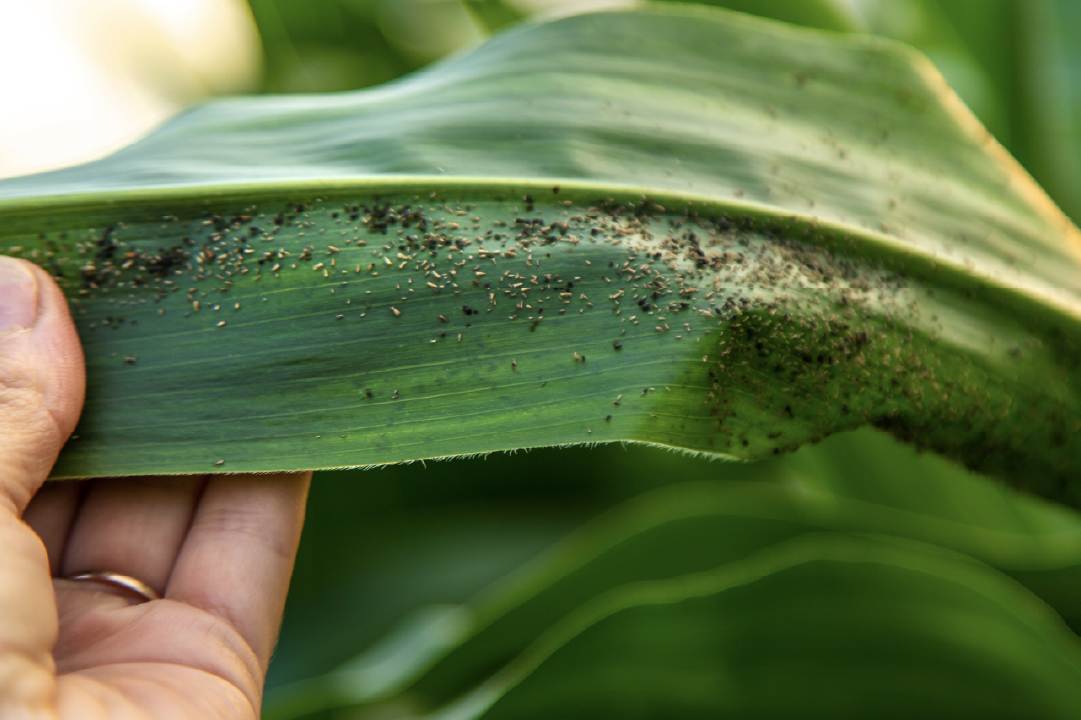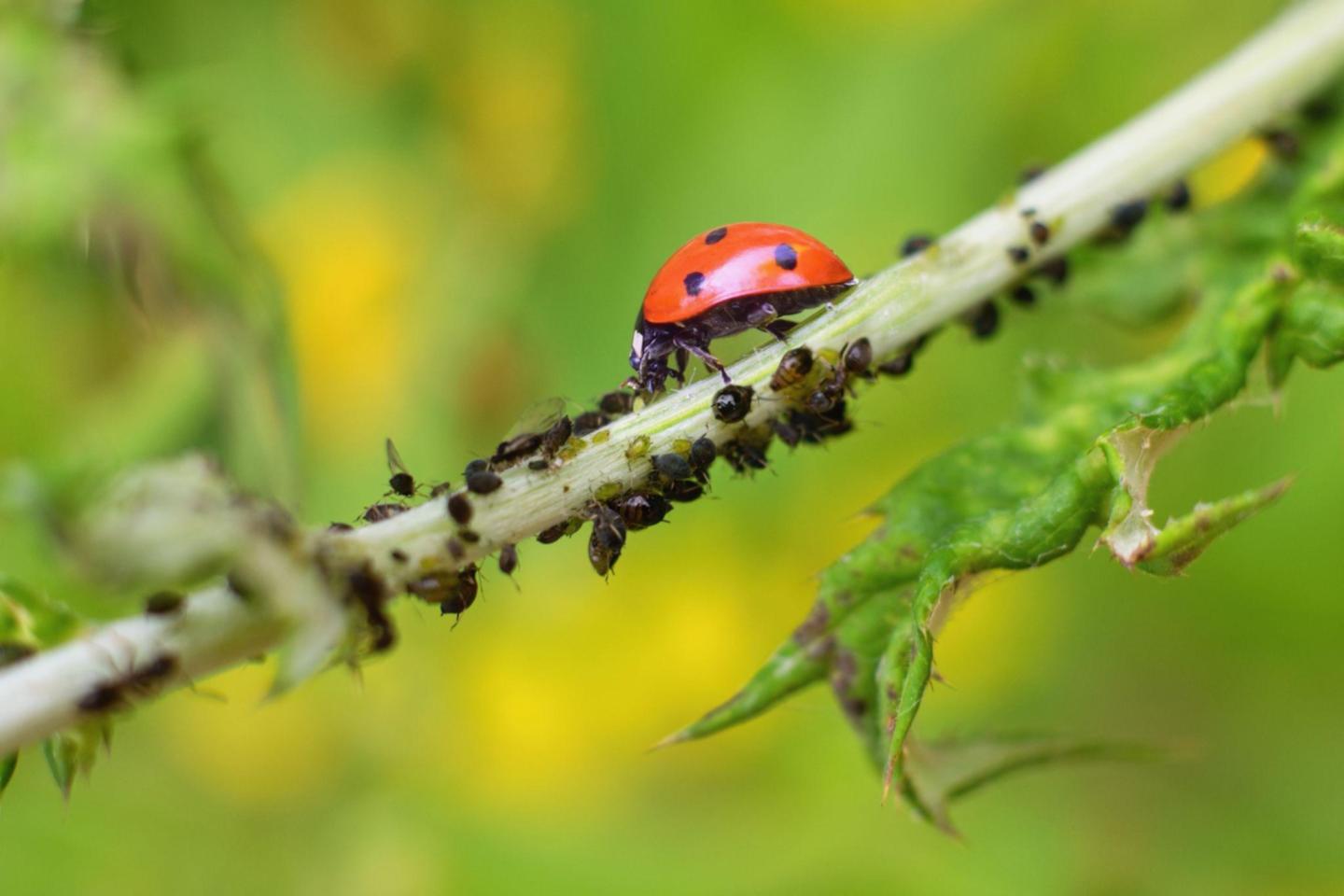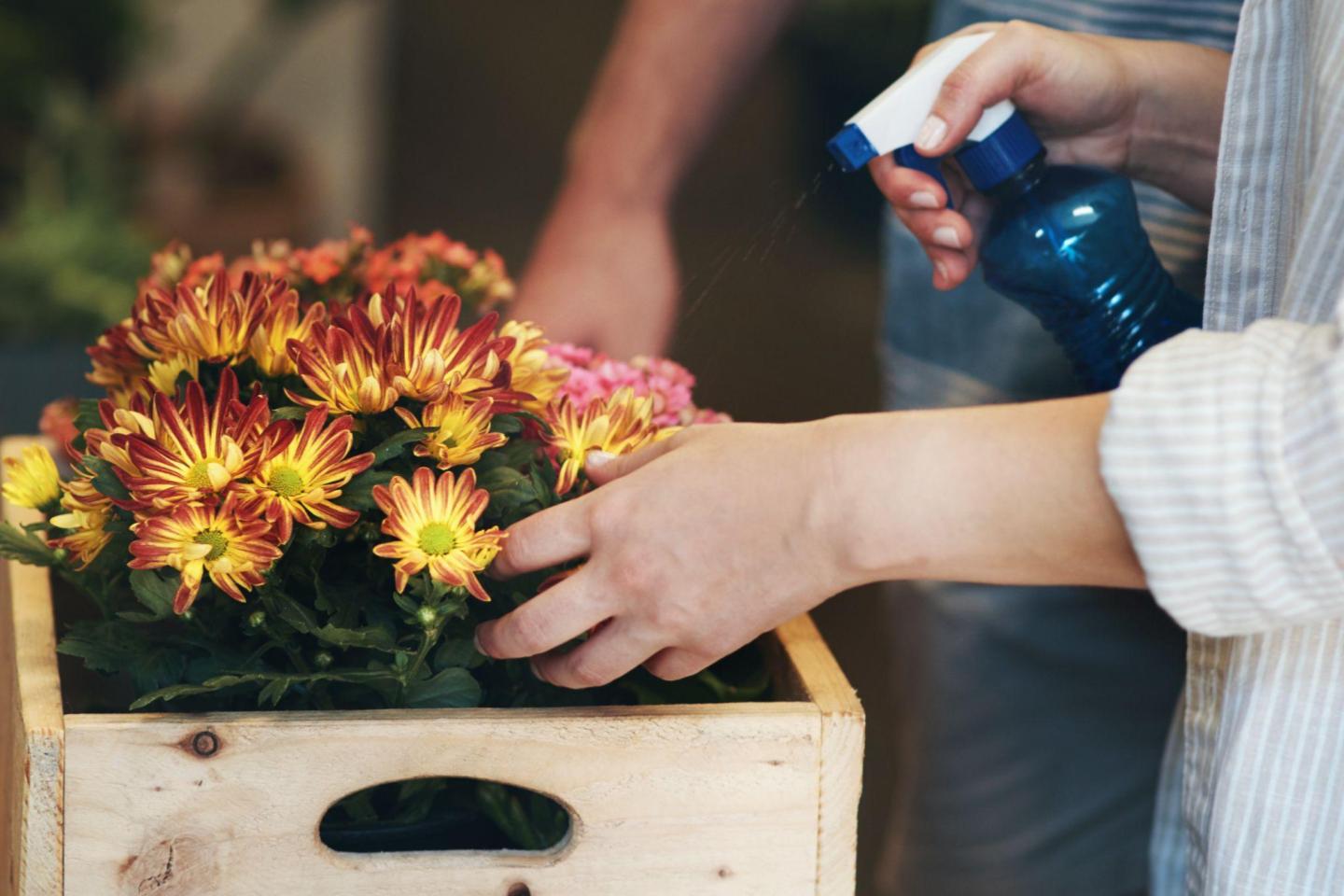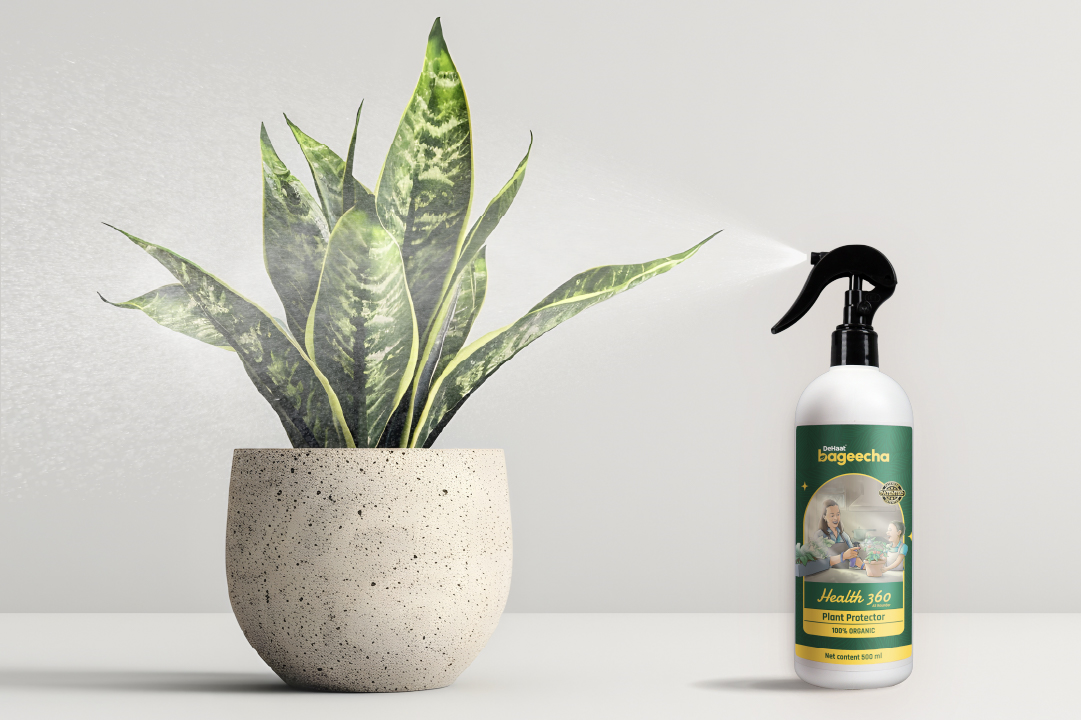.jpg)
Aphids on plants can be a frustrating sight for every gardener. These tiny, sap-sucking insects can quickly multiply and weaken your plants, leaving behind curled leaves, yellowing foliage, and stunted growth. But worry not! With the right methods and a little patience, you can effectively control and prevent aphids without harming your plants or the environment. In this friendly and informative guide, we’ll explore 5 proven tips to keep aphids away from your beloved greens.
What are Aphids and Why Are They Harmful?
Aphids are small, soft-bodied insects that come in colors like green, black, brown, red, or yellow. They cluster on the undersides of leaves, young shoots, and stems, feeding on plant sap. Their feeding not only weakens the plants but also leads to the secretion of honeydew, which invites sooty mold and ants. Severe infestations can cause leaf curling, distorted growth, and the spread of plant viruses.
5 Easy Tips to Prevent & Control Aphids on Plants
1. Regular Inspection and Early Removal
The key to controlling aphids on plants is catching them early. Check the undersides of leaves and new growth regularly. If you spot small clusters, remove them manually with water sprays or wipe them off with a damp cloth. Early detection can prevent an infestation from spreading.

2. Encourage Natural Predators
Nature has its pest controllers! Ladybugs, lacewings, and hoverfly larvae are natural predators of aphids. Attract these beneficial insects by planting nectar-rich flowers such as marigolds, calendula, and dill around your garden. This way, nature balances itself without the need for harsh chemicals.

3. Use Neem Oil or Insecticidal Soap
Neem oil is an excellent natural remedy to get rid of aphids. Mix neem oil with water and a little liquid soap and spray on affected areas. Insecticidal soaps are also effective, suffocating the aphids without harming the plants. Be sure to spray under the leaves and on new shoots.

4. Plant Aphid-Repelling Plants
Certain plants like garlic, chives, catnip, and basil repel aphids naturally. Growing these alongside your susceptible plants creates a natural barrier against aphids. Companion planting is a simple yet highly effective preventive measure.
5. Water Sprays and DIY Remedies
A strong stream of water can dislodge aphids from plants. Additionally, homemade sprays like a mixture of water, mild dish soap, and a pinch of cayenne pepper can be used weekly to keep aphids at bay.
Preventive Measures to Keep Aphids Away Long-Term
- Avoid over-fertilizing with nitrogen-based fertilizers.
- Prune infested parts promptly.
- Keep the garden clean of debris.
- Water plants at the base to avoid attracting pests.
- Rotate crops regularly in vegetable gardens.
Why DeHaat Bageecha Health 360 is the Best Choice for Aphid Control
When aphids on plants become stubborn, natural remedies might not suffice. DeHaat Bageecha Health 360 is a 100% plant-based, eco-friendly spray that:
- Works on all life stages of aphids.
- Shows visible results within 72 hours.
- Strengthens plant immunity for future protection.
- Leaves no harmful residue and is safe for pollinators.

FAQs
1. What causes aphids on plants?
Aphids can appear on plants due to several environmental and care-related factors. Over-fertilizing, especially with nitrogen-based fertilizers, can attract aphids as it encourages tender new growth, which they prefer. Excessive watering combined with warm and humid conditions creates the ideal breeding environment for these pests. Additionally, bringing home new plants without thoroughly inspecting them for pests can lead to infestations. Aphids are also seasonal migrants and are more likely to appear and spread during the warmer months. Regular plant inspection, proper watering schedules, and mindful fertilization can help reduce the risk of aphid infestations.
2. Are aphids harmful to all plants?
Yes, aphids are harmful to almost all types of plants, including vegetables, flowering plants, herbs, shrubs, and indoor houseplants. These tiny pests feed on the nutrient-rich sap from young stems and leaves, weakening the plants over time. Infested plants may show signs of stunted growth, leaf curling, yellowing, and even deformities. Moreover, aphids excrete a sticky substance called honeydew, which can attract ants and promote the growth of sooty mold. They are also vectors for numerous plant viruses, spreading infections from one plant to another, making them highly damaging.
3. Can I control aphids without chemicals?
Yes, controlling aphids without harsh chemicals is very much possible and encouraged for a healthy garden ecosystem. Start by manually removing aphids with a strong stream of water or by wiping them off with a damp cloth. You can also introduce natural predators like ladybugs, lacewings, and hoverflies, which feed on aphids. Spraying neem oil or insecticidal soap solutions is another safe, effective method. Additionally, planting aphid-repelling plants like garlic, chives, and marigold around vulnerable plants can naturally keep aphids at bay. For more persistent problems, plant-based solutions like DeHaat Bageecha Health 360 are ideal.
4. How often should I check for aphids?
It is recommended to check your plants for aphids at least once a week. Pay special attention to new growth, tender stems, and the undersides of leaves, as aphids often gather there unnoticed. Regular inspections help in detecting infestations early, allowing you to take immediate action before they spread and cause significant damage.
5. Is DeHaat Bageecha Health 360 safe for indoor plants?
Yes, DeHaat Bageecha Health 360 is completely safe for both indoor and outdoor plants. Being 100% plant-based and toxin-free, it is safe to use around children and pets as well. This eco-friendly solution works effectively on all stages of aphids and other pests without leaving harmful residues. It not only controls infestations but also boosts plant immunity, making it an excellent choice for maintaining healthy, pest-free plants indoors and outdoors alike.
Conclusion
Aphids on plants can be a headache, but with regular care and smart prevention, you can enjoy a thriving, pest-free garden. Follow these simple tips, rely on natural methods, and when needed, trust DeHaat Bageecha Health 360 to protect your plants the safe and eco-friendly way.



